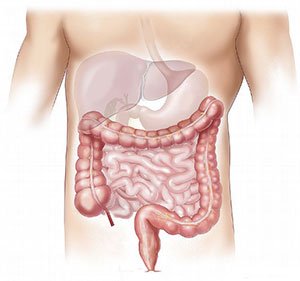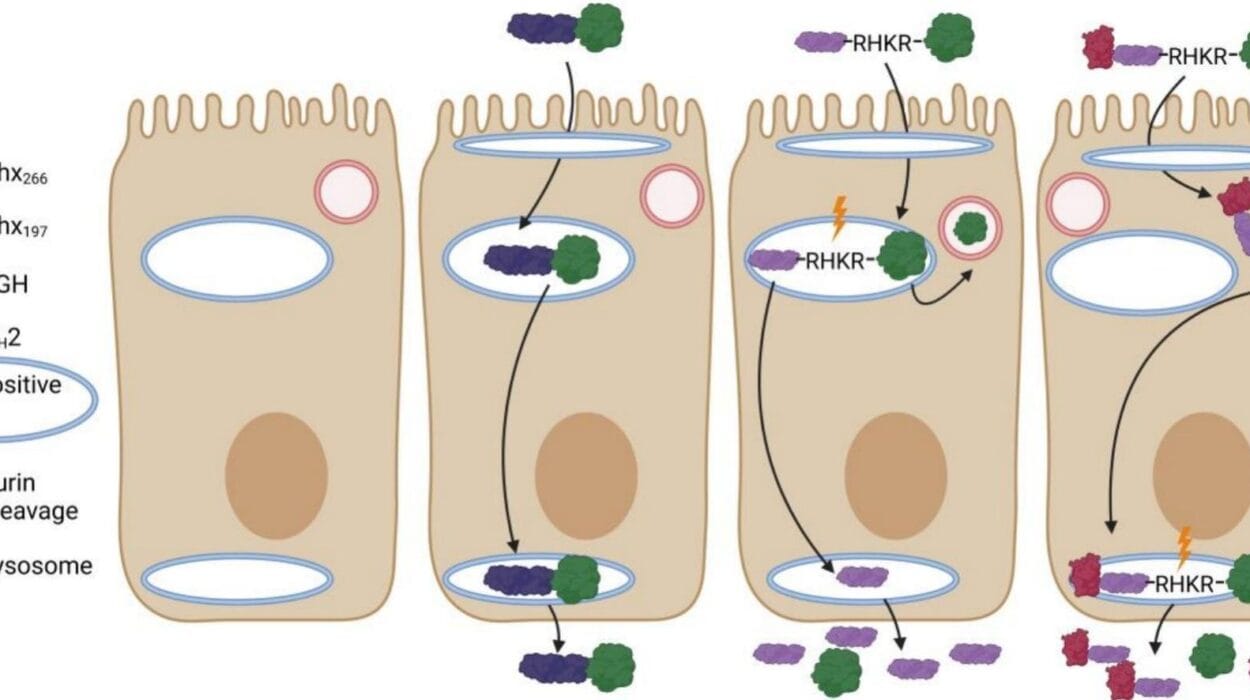Every puff of smoke and every sip of alcohol tells a story—sometimes of celebration, sometimes of stress, sometimes of loneliness. For women, however, the choices surrounding alcohol and smoking carry a weight that extends beyond the moment. They intertwine with biology, culture, emotions, and society in ways that are deeply personal and profoundly impactful.
Biology does not play by equal rules for men and women. The female body processes alcohol differently, responds to nicotine uniquely, and carries health risks that often manifest more quickly and severely. Yet in many parts of the world, women are increasingly drawn into habits of drinking and smoking, sometimes as symbols of independence, sometimes as a coping mechanism for relentless pressures.
This article explores the relationship between alcohol, smoking, and women’s health—not just in the language of statistics and medical facts, but in the real-life consequences, the invisible struggles, and the safer choices that women can embrace without shame or fear.
Alcohol and Women: A Different Kind of Risk
Alcohol has long been woven into human culture—associated with joy, relaxation, or social bonding. Yet the female body tells a different story about alcohol. Women are biologically more vulnerable to its effects than men. This is not about weakness; it is about physiology.
Women generally have a higher percentage of body fat and a lower percentage of water compared to men. Since alcohol dissolves in water, it becomes more concentrated in women’s bodies, leading to higher blood alcohol levels after consuming the same amount. The liver, the tireless detoxifier, is smaller in size and processes alcohol more slowly in women.
The result? Women may become intoxicated more quickly, suffer more damage from smaller amounts of alcohol, and develop alcohol-related diseases in less time than men.
Short-Term Effects
A glass of wine may soften the stress of a long day, but the short-term risks of drinking can still be harsh. Impaired judgment, increased risk of accidents, unsafe sexual encounters, and higher susceptibility to violence are all part of the picture. For women, who already face disproportionate risks of sexual assault, the lowered inhibitions from alcohol can increase vulnerability.
Long-Term Consequences
The long-term impact of alcohol on women’s health is sobering. Chronic drinking raises the risk of liver diseases like cirrhosis and hepatitis. Women are also more susceptible to alcohol-induced heart disease and brain damage, even at lower levels of consumption compared to men.
Perhaps most alarming is the strong link between alcohol and breast cancer. Even light to moderate drinking has been shown to increase risk. Alcohol raises estrogen levels, and this hormonal disruption contributes directly to tumor development in breast tissue. For women with a family history of breast cancer, the danger multiplies.
Reproductive Health and Pregnancy
Alcohol does not just affect the woman drinking it; it can shape the future of her children. Alcohol use during pregnancy carries the devastating risk of fetal alcohol spectrum disorders (FASD), leading to developmental delays, learning disabilities, and lifelong challenges for the child.
Even outside of pregnancy, alcohol disrupts menstrual cycles, contributes to infertility, and increases risks during conception and early fetal development. The very act of a woman choosing to drink is complicated by these invisible burdens placed on her body.
Smoking and Women: A Toxic Relationship
If alcohol is a silent threat, smoking is an undeniable one. Nicotine and the thousands of chemicals in tobacco smoke form a toxic partnership with women’s bodies, affecting nearly every organ. And just like alcohol, the effects of smoking are not equal between men and women.
Women who smoke are at higher risk of lung cancer than men who smoke the same amount. This heightened sensitivity is thought to stem from hormonal influences and differences in DNA repair mechanisms. The female lung, in essence, is less forgiving.
Lung and Respiratory Health
Cigarette smoke damages the delicate lining of the lungs, turning vibrant tissue into scarred and cancer-prone ground. For women, lung cancer has become one of the leading cancer killers, surpassing even breast cancer in some countries. Chronic obstructive pulmonary disease (COPD)—a relentless narrowing of airways—also disproportionately affects female smokers.
Cardiovascular Risks
Smoking doubles or triples the risk of heart disease in women. Combined with oral contraceptive use, the danger escalates dramatically, leading to blood clots, strokes, and heart attacks. The synergy between nicotine and estrogen disruption puts women at particular risk.
Reproductive and Hormonal Effects
Nicotine interferes with the natural rhythm of reproductive hormones. Women who smoke often experience earlier menopause, painful menstrual cycles, and reduced fertility. Pregnancy outcomes are worsened: higher risks of miscarriage, stillbirth, premature birth, and low birth weight plague mothers who smoke.
Even secondhand smoke, often underestimated, silently harms women. Non-smoking women exposed to partners or environments with tobacco smoke face increased risks of both cancer and heart disease.
The Double Burden: Alcohol and Smoking Together
Alcohol and smoking often walk hand in hand. Many women who drink socially also smoke, and the combination magnifies health risks. Alcohol acts as a solvent, enhancing the absorption of carcinogens from tobacco smoke in the mouth, throat, and esophagus. Together, they form a deadly alliance, significantly increasing the risk of cancers of the oral cavity, pharynx, and liver.
On a psychological level, alcohol lowers inhibitions, making it harder to resist smoking, while nicotine alters brain chemistry in ways that fuel cravings for alcohol. For women battling stress, trauma, or depression, this cycle becomes an invisible prison.
Emotional and Social Dimensions
The health effects of alcohol and smoking cannot be divorced from the emotional and social realities of women’s lives. Women are often judged more harshly for drinking and smoking, facing stigma that men escape. This double standard can trap women in silence, making them less likely to seek help.
Stress, gender-based violence, workplace discrimination, and the demands of caregiving all play roles in pushing women toward coping mechanisms like alcohol or cigarettes. Marketing strategies of alcohol and tobacco industries have also targeted women specifically—glamorizing slim cigarettes, pink packaging, or cocktails branded as symbols of sophistication and independence.
Yet beneath this glitter lies addiction, disease, and regret. The societal pressures that encourage women to drink or smoke rarely support them when health problems arise. This emotional burden is as damaging as the physical one.
Safer Choices: A Path Toward Health
Acknowledging the risks does not mean condemning women for their choices. Instead, it opens doors to safer paths, empowering women to take control of their health without judgment.
Moderation with Alcohol
For women who choose to drink, moderation is essential. Medical guidelines often recommend no more than one standard drink per day, and even less for those at risk of breast cancer or liver disease. Choosing alcohol-free days during the week, drinking slowly with food, and avoiding binge episodes can reduce harm.
Smoking Cessation
Quitting smoking is one of the most powerful health decisions a woman can make. Within weeks of quitting, lung function begins to improve; within years, the risks of cancer and heart disease decline dramatically. Support systems—counseling, nicotine replacement therapy, medications, and peer groups—significantly boost success rates.
Safer Alternatives and Lifestyle Support
Women coping with stress or emotional pain often turn to alcohol or smoking for relief. Healthier alternatives such as mindfulness, yoga, physical activity, or professional therapy can offer more sustainable solutions. Strengthening social support networks—friends, family, communities—also plays a critical role in helping women resist relapse.
Even small changes matter. Replacing one night of drinking with a creative hobby, swapping a cigarette break for a walk in fresh air, or joining support groups online are steps that add up to transformation.
Women, Empowerment, and Health Advocacy
Protecting women’s health from the harms of alcohol and smoking is not just an individual responsibility; it is a collective one. Public health campaigns, workplace wellness programs, and stricter regulations on marketing to women can shift cultural patterns.
Empowerment is key. When women understand the unique risks their bodies face, they gain the power to make informed choices. When healthcare providers listen without judgment, women are more likely to seek help. When society reduces stigma, women are freed from silence.
The Future: Rethinking Health and Choices
The relationship between alcohol, smoking, and women’s health is not static—it is evolving. Younger generations of women are increasingly aware of the risks, yet social pressures persist. At the same time, medical research continues to uncover new dimensions, from genetic predispositions to the role of hormones in amplifying damage.
The future of women’s health lies in both prevention and compassion. Science can illuminate the dangers, but empathy and empowerment must guide women toward safer choices. The story of alcohol and smoking in women’s lives is not one of inevitability—it is one of choice, resilience, and transformation.
Conclusion: Choosing Life Over Habits
At its heart, this conversation is not just about risks, diseases, or statistics. It is about women—mothers, daughters, sisters, friends—whose lives are too precious to be eroded by alcohol or smoke. It is about acknowledging the struggles that lead women toward these habits and offering safer paths forward.
Alcohol and smoking do not define a woman’s worth. They are choices, often shaped by forces beyond her control, but choices that can be unmade. With awareness, support, and compassion, women can reclaim health, vitality, and joy.
To breathe deeply without smoke, to laugh freely without the fog of alcohol, to embrace life with clarity—these are not just safer choices. They are acts of strength, of love, and of liberation.






